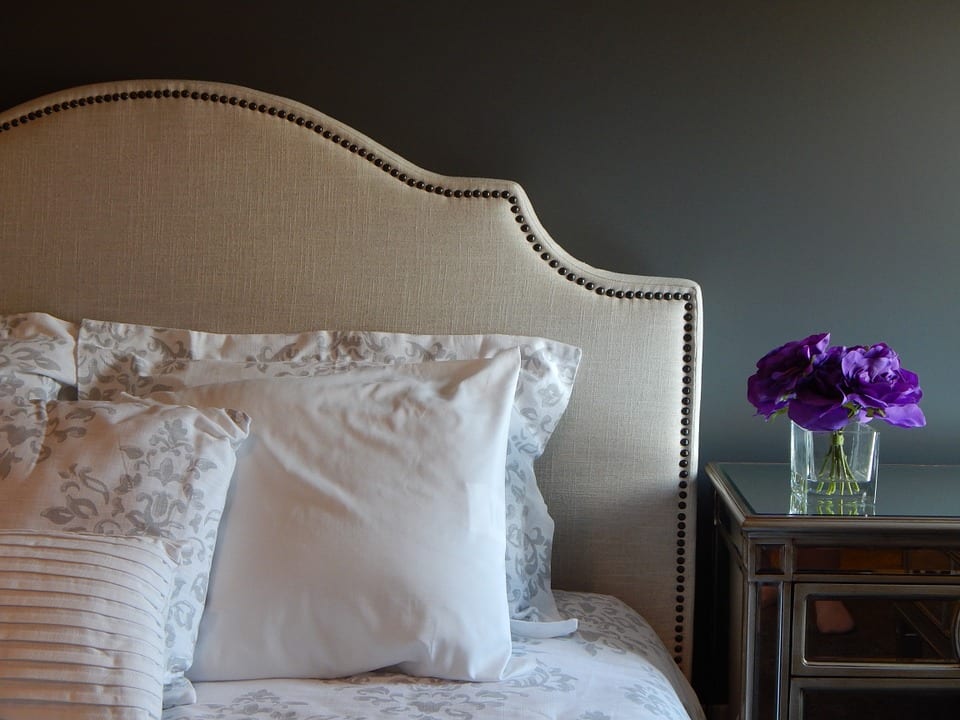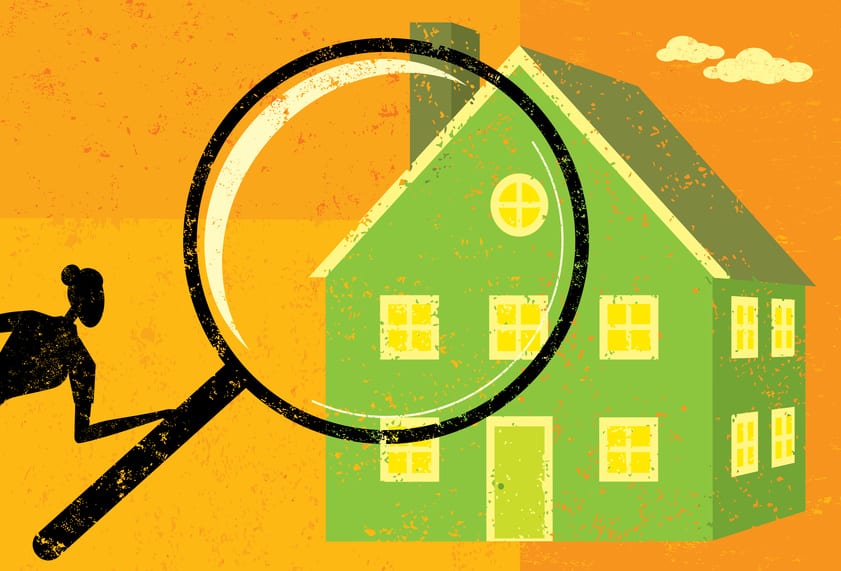Good time to buy a hotel, b&b or guest house?
I think it’s fair to say that there is never a right or wrong time to buy a B&B, Guest House or Hotel, and in these uncertain and challenging times perhaps now is definitely not the right time to buy.
However, despite economic sentiment there’s really never been a better time to buy these lucrative businesses as market sentiment is softening due to the staycation market returning to pre pandemic norms and vendors being more realistic about pricing.
“What about high interest rates?” I hear you say, “Are lenders still willing to lend despite the high interest rates?” which are actually driven by Bank of England base rate and not the lenders themselves.
Whilst the Bank of England base rate has increased from an unprecedented 0% to 4%, this is recognised as a short-term expedient to reduce inflation. Most financial pundits are forecasting base rates at 2% by the autumn making funding more affordable and very near recent historic lows. It wasn’t that long ago in 2007 (pre the financial crisis), base rates were 5.5%, so in the scheme of things a 4% base rate isn’t unprecedented.
Current market lending sentiment
Unfortunately current market sentiment more often than not is driven by the mainstream media and has resulted in a cautious approach for lenders, sellers and purchasers alike. Lenders are concerned that commercial debt must be serviceable in real terms also when stress tested and sensitised to allow for future increases in base rates, the latest hike being a case in point.
Sellers are concerned that higher base rates will mean that purchasers will stand back from buying their businesses until base rates returns to recent norms of 0% which they won’t. Purchasers will just take the view that borrowing is unaffordable and as a consequence lenders won’t consider funding, so will also sit on their hands until base rates reduce to recent norms. All of this causes transaction stagnation in the market be it hospitality or other sectors.
In the real world, the cost of borrowing is simply factored into the borrowing and transaction process. Lenders have always considered on this basis and the $64,000 question… ‘Is the loan affordable when considered in relation to the trading profit outcome?’ As businesses are invariably priced on their trading profit attainment, the answer is a resounding yes!
How can a specialist commercial loan broker help?
The challenge is how the trading profit is assessed and calculated for the purposes of borrowing and this is where an experienced hospitality and leisure broker such as Stewart Hindley & Partners can make a significant difference in achieving a successful and timely outcome.
So, if you have the desire to buy a B&B, guest house or hotel, don’t be put off by high base rates.
Whilst the market for these businesses continues to represent excellent value, once base rates reduce and lending becomes more affordable again, the sellers resolve to secure their market price will strengthen, which means less opportunity to secure a price reduction.
As it takes some 3 to 4 months from enquiry to drawn down, the lenders interest rate pricing will reflect the anticipated reduction in base rates by the autumn, making for a commercial affordable lending proposition.
Get it touch with our hotel finance specialists today for an expert opinion.










